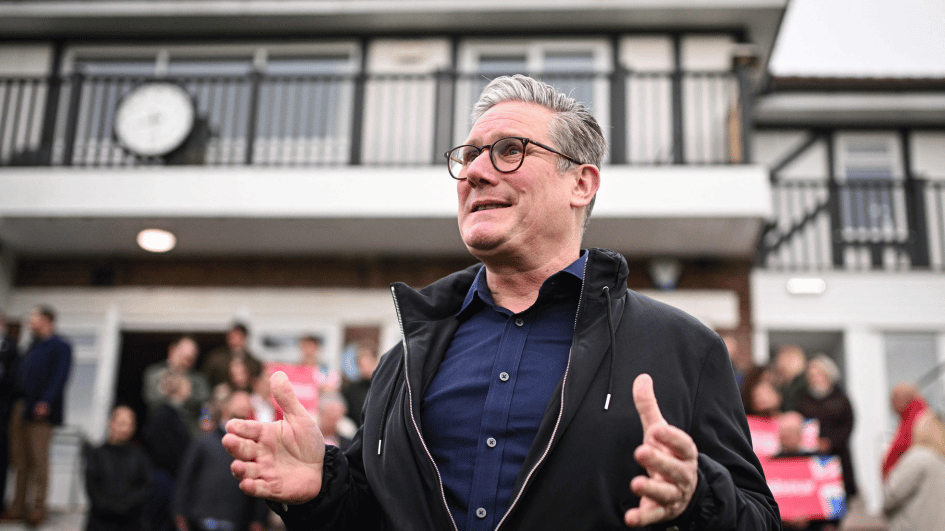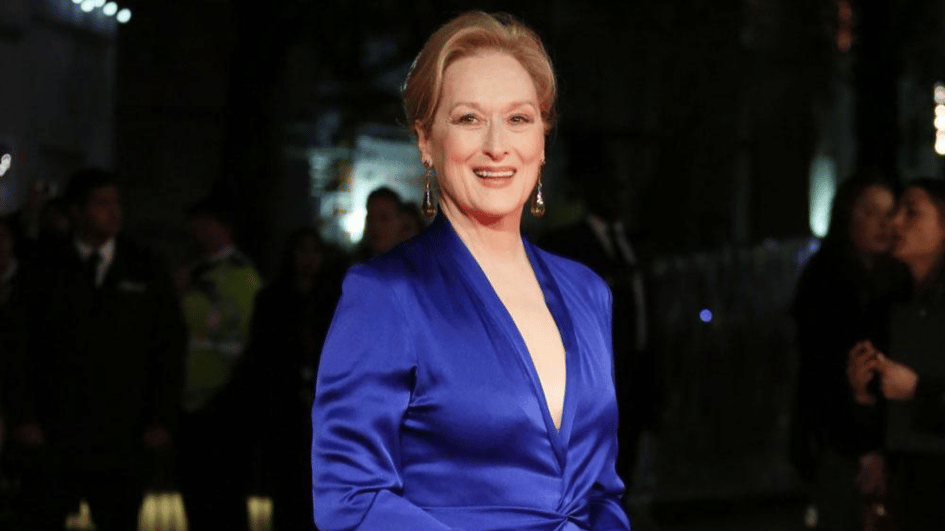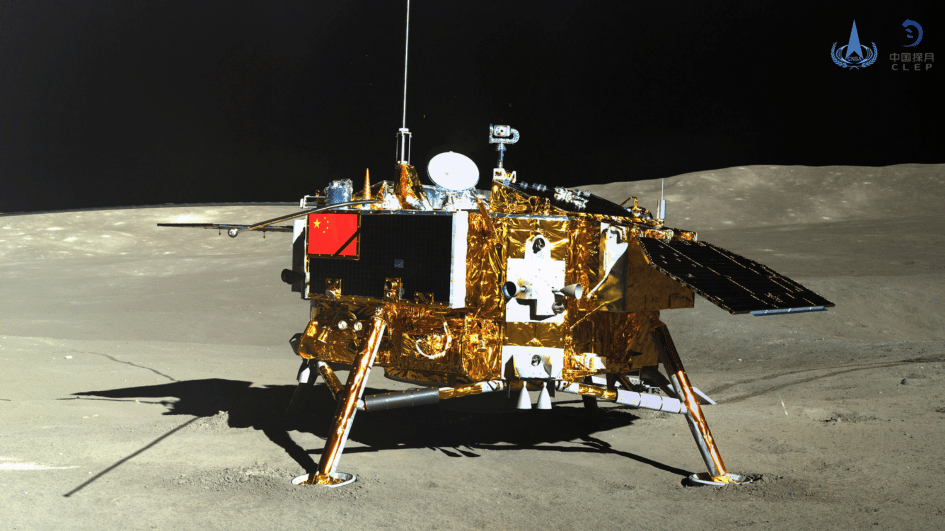The state of affairs in Ankara
With the crisis in Syria and nuclear tension with Iran seemingly losing their dominance on Turkey’s immediate political agenda, discussion about the prosecutions of the coup d’états that took place in 1980 and 1997 have become much more visible.
Only a week after the commencement of the judicial process into the Sept. 12, 1980 coup, a separate judicial action has been launched against suspected perpetrators of the Feb. 28, 1997 military intervention, known as post-modern coup. Its leading actor, retired Gen. Çevik Bir, as well as his closest aides, have been arrested, with Prime Minister Recep Tayyip Erdoğan vowing that “[the case’s] scope will be expanded and time will show where this will lead.”
After recalling that he served four months in jail for reading a poem in 1998, upon the orders of the coup plotters, Erdoğan said: “Today is the day when the curses of the oppressed are taking effect and justice is prevailing.” It is enough to show that Erdoğan is taking this process very personally.
Many agree that the arrest of Çevik Bir is just the beginning and that a score of waves of arrests are pending. This campaign of “settling accounts with the past” is sure to continue for some time, and it obviously benefits the Justice and Development Party (AKP).
However, one point that Nationalist Movement Party (MHP) leader Devlet Bahçeli made yesterday was extremely important. He questioned whether the government would also seek to deal with the so-called “April 27 e-memo,” which summarizes the military’s last attempt to intervene into politics, just ahead of the presidential elections in 2007.
So far there has been no a judicial attempt against retired Gen. Yaşar Büyükanıt, the former chief of general staff who penned the memorandum against the government. Bahçeli hinted that Büyükanıt and Erdoğan made a secret agreement during a controversial meeting between the two, just days after the e-memo tension hit the country.
What is obvious for the Republican People’s Party (CHP), is that it is not happy that the political agenda is so focused on the two major investigations into coups. This is not because the party opposes the trying of army members, but because it cannot change the agenda.
Kemal Kılıçdaroğlu has long been trying to do so by placing corruption claims at the center of his weekly addresses, but public and media attention remains small.
Meanwhile, the pro-Kurdish Peace and Development Party (BDP) is giving mixed signals on its potential role in solving the Kurdish question. As can be observed, aside from Erdoğan’s routine accusations against the party, members of the government are no longer always playing the same song when it comes to the BDP and the Kurdish question. Turkey’s efforts, accompanied by the U.S, to secure Massoud Barzani’s engagement in resolving the problem does annoy the BDP. Barzani’s rise as the leader of the Kurds in the region would push the outlawed Kurdistan Workers’ Party (PKK) to take counter steps against this trend.











